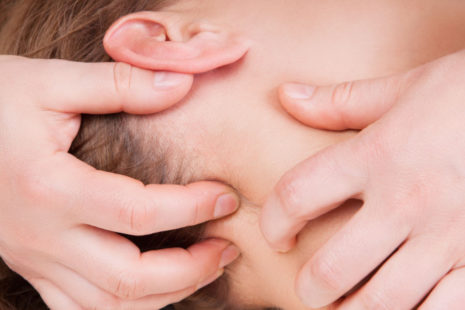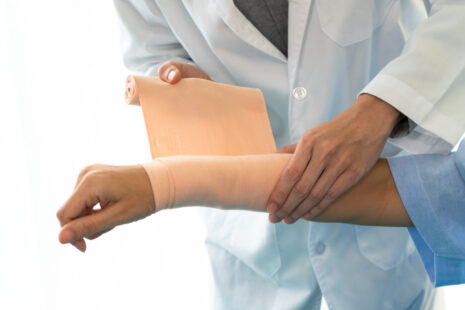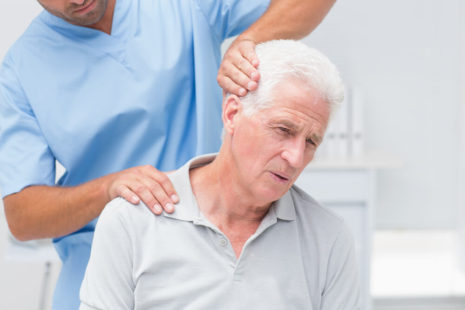Rotator cuff pain can vary depending on the severity of the injury or the stage of the condition affecting the rotator cuff, which is a group of muscles and tendons that stabilize the shoulder. Here are common descriptions of what rotator cuff pain feels like…
1. Dull, Aching Shoulder Pain
The pain is often described as a dull ache deep within the shoulder. This type of pain is particularly noticeable when you try to sleep on the affected side.
2. Pain When Lifting and Lowering the Arm
There may be pain or discomfort when lifting the arm to shoulder height or lowering it from an elevated position. The pain might also intensify when performing specific movements, such as reaching behind your back.
3. Weakness in the Shoulder
You may experience weakness in the shoulder, making it difficult to perform everyday activities that involve lifting your arm, such as combing your hair or reaching for objects on high shelves.
4. Decreased Range of Motion
There might be a noticeable decrease in the range of motion in the shoulder, with movements becoming restricted due to pain or stiffness.
5. Pain When Reaching or Throwing
Activities that involve overhead actions, like throwing a ball or reaching up to place items on a shelf, can provoke pain in the affected shoulder.
6. Disturbed Sleep
The pain may worsen at night, especially if you lie on the affected shoulder, leading to difficulty sleeping or staying asleep.
7. “Catching” Sensation
Some individuals report a catching or snapping sensation when moving the shoulder, especially in the presence of a tear in the rotator cuff.
8. Radiating Pain
Though less common, some people may experience pain that radiates from the shoulder down the arm toward the elbow or wrist.
When to Seek Medical Attention
If you’re experiencing persistent shoulder pain that doesn’t improve with rest and over-the-counter pain relievers, or if the pain is associated with an injury, it’s necessary to seek medical attention. A healthcare professional can assess your symptoms, perform diagnostic tests if necessary, and recommend an appropriate treatment plan. This may include physical therapy, medication, or in some cases, surgery, depending on the severity of the injury and the specific condition of the rotator cuff.




